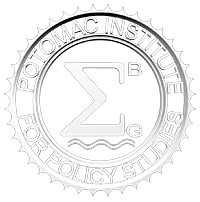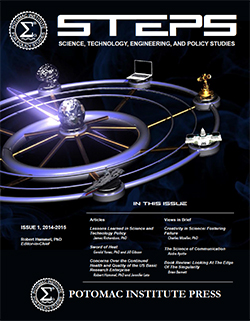Issues
Cyber Readiness Index (CRI) 2.0
- Details
- Published: Thursday, 18 February 2016 16:02
- Written by STEPS
- Hits: 12575
No country is cyber ready. It is a given that global economic growth is increasingly dependent upon the rapid adoption of information communication technology (ICT) and connecting society to the Internet. Indeed, each country’s digital agenda promises to stimulate economic growth, increase efficiency, improve service delivery and capacity, drive innovation and productivity gains, and promote good governance. Yet, the availability, integrity, and resilience of this core infrastructure are in harm’s way. The volume, scope, velocity, and sophistication of threats to our networked systems and infrastructures are real and growing. Data breaches, criminal activity, service disruptions, and property destruction are becoming commonplace and threaten the Internet economy. Until now, however, there has not been a comprehensive, comparative, experiential methodology to evaluate a country’s maturity and commitment to securing its national cyber infrastructure and services upon which its digital future and growth depend. The Cyber Readiness Index (CRI) 2.0 provides a blueprint to objectively assess a country’s cyber capacity and maturity. The CRI 2.0 was released by Melissa Hathaway and her team at the Potomac Institute for Policy Studies in November 2015. The methodology builds off of the CRI 1.0 methodology developed by Hathaway in 2013. The CRI 2.0 evaluates 125 countries’ “cyber readiness” across seven essential elements: National Strategy, Incident Response, E-Crime and Law Enforcement, Information Sharing, Research and Development, Diplomacy and Trade, and finally Defense and Crisis Response. Hathaway brings over 20 years of cyber security national and international expertise to the CRI 2.0 team. Hathaway notes that “the CRI 1.0 was launched over two years ago and has influenced many countries around the world. We hope the CRI 2.0 has even broader impact.” See: https://www.potomacinstitute.org/images/CRIndex2.0.pdf



